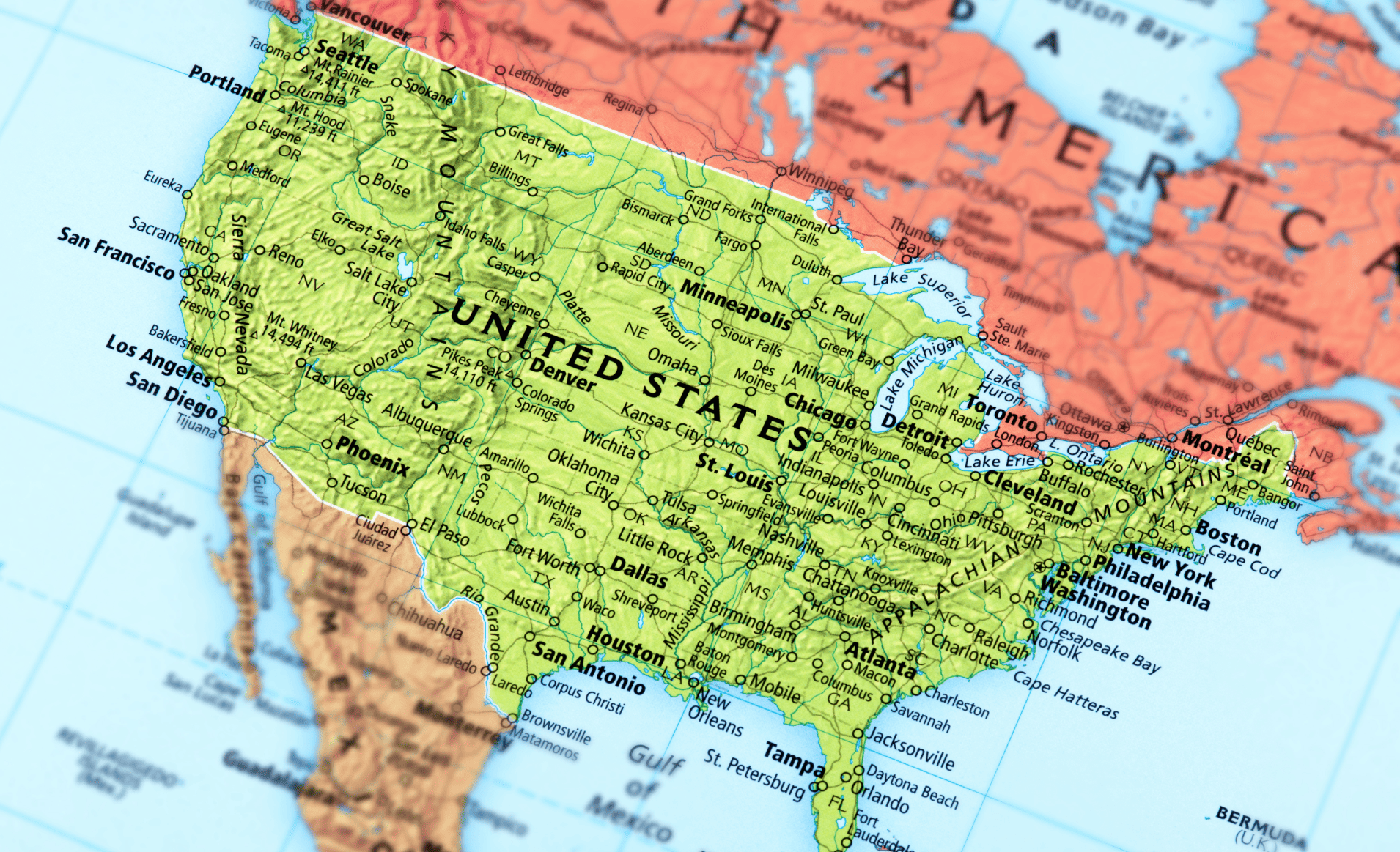
New proposals in the US would lay out a route for approved CAR-T therapies to be covered by the federal Medicare reimbursement system.
The policy would be for Medicare to cover the therapy nationwide when it is offered in an approved registry or clinical study, as long as patients are monitored for at least two years after treatment, according to the Centres for Medicare & Medicaid Services (CMS). The information could then be used to decide what CAR-Ts are most beneficial to patients and should be funded in future.
The move gives some hope for improved take-up of CAR-Ts, which haven’t grown as quickly as initially expected since their debut in 2017 because without a national policy reimbursement has been left to the discretion of local Medicare administrations.
So far two CAR-Ts have reached the US market, but there are dozens more coming through the clinical and preclinical pipeline. Most are being targeted for hard-to-treat cancers that qualify for accelerated review and a shorter path to approval, so CMS wants a robust framework in place to carry out post-marketing monitoring and assessment.
The proposed coverage “would improve access to this therapy while deepening CMS’s understanding of how patients in Medicare respond to it, so the agency can ensure that it is paying for CAR T-cell therapy for cases in which the benefits outweigh the risks,” said CMS Administrator Seema Verma.
The data generated in the programme would help the agency make decisions on future cases in which Medicare would cover CAR-T with no registry or trial requirement.
The first CAR-T to be approved by the FDA was Novartis’ Kymriah (tisagenlecleucel) for B-cell precursor acute lymphoblastic leukaemia (ALL) and diffuse large B-cell lymphoma (DLBCL), with Gilead Sciences’ Yescarta (axicabtagene ciloleucel) given the nod shortly afterwards for various forms of non-Hodgkin’s lymphoma (NHL) including DLBCL.
The therapies work by taking a patient’s own T cells, re-engineering them to fight cancer cells and then reinfusing them into the patient. These one-time treatments have shown remarkable results in lymphoma and leukaemia patients who have run out of all other options and have just months to live.
Both Kymriah and Yescarta are expensive, with US list prices of $475,000 and $373,000 per treatment, respectively, and with many more coming through the pipeline CMS wants to make its spending goes on the best options. Both Novartis and Gilead have welcomed the CMS’ proposals.

The main principles of the proposals are that hospitals administering CAR-Ts must take part in a CMS-approved registry study that will collect data on patients and compare the outcomes to the results seen in registration trials of the CAR-T or standard therapies for the disease, or a CMS-approved clinical study. Analysts suggested that requirement would still limit use of the therapies to big regional hospitals in the near-term.
Last year, CMS agreed to reimburse the bulk of Kymriah and Yescarta costs under Medicare Part B, which provides outpatient coverage, although the risks associated with CAR-T therapy means most patients are treated in hospital.
Kymriah sales – which have been held back by manufacturing constraints – have no started to pick up and reached $76m last year, with $28m of that total coming in the fourth quarter. Yescarta meanwhile brought in $264m in 2018, but slowed in the fourth-quarter with its $81m tally only just ahead of third-quarter sales. Gilead reckons it will however accelerate to $500m this year.




